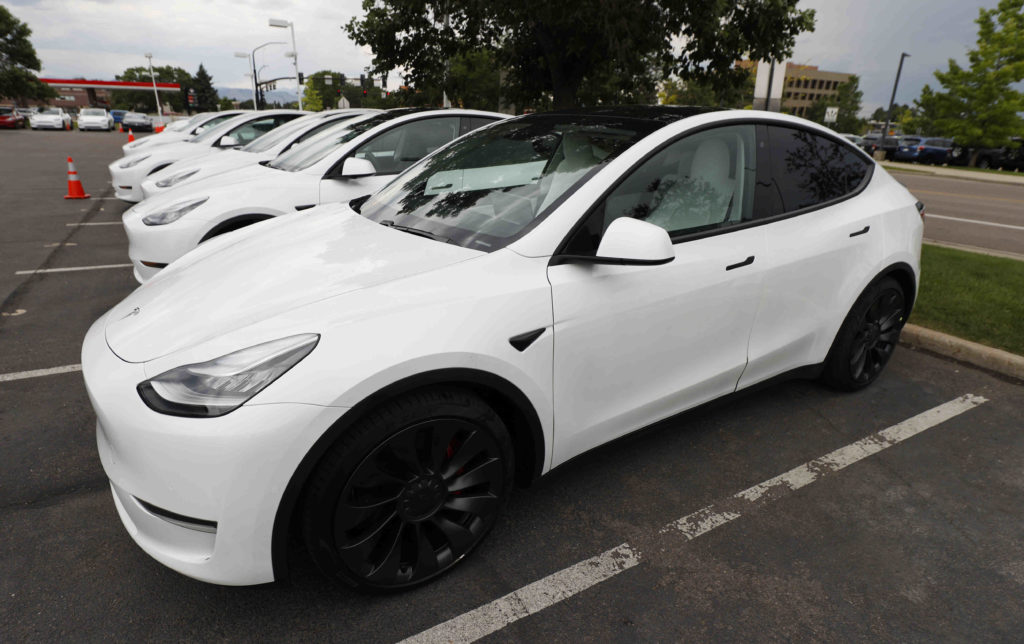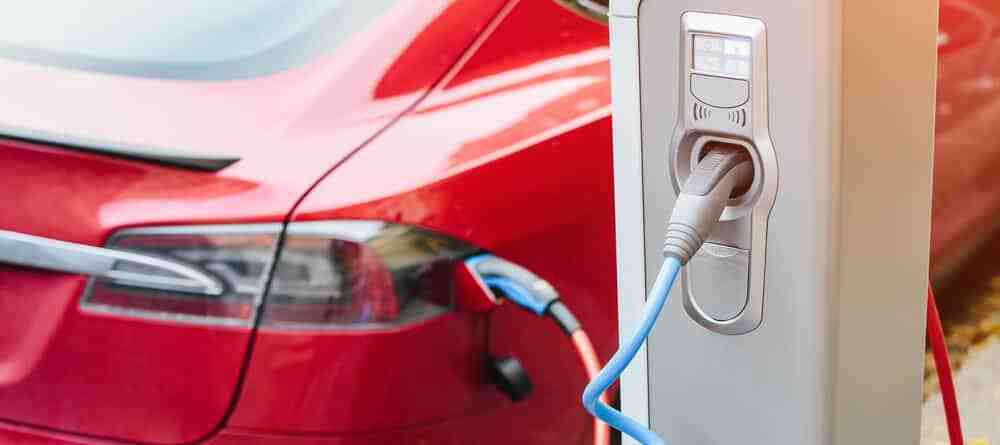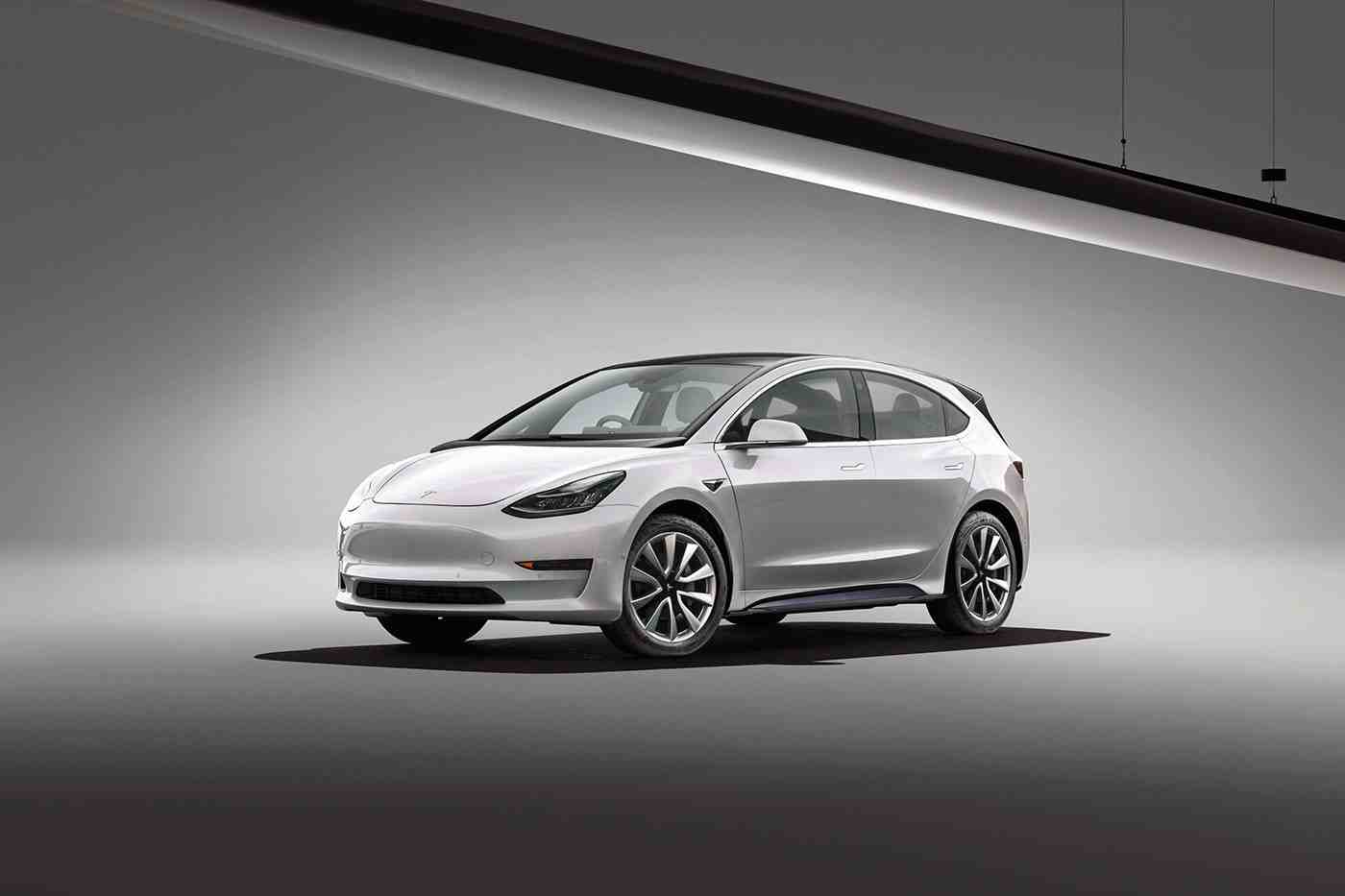Is it cheaper to run an electric car UK?
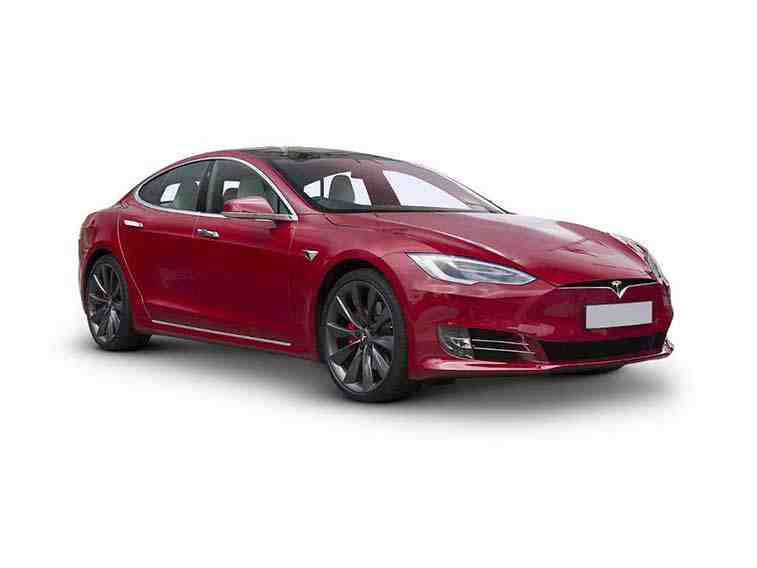
The biggest annual savings come from charging the vehicle rather than paying for gasoline or diesel. On average, EV drivers will pay just £467.40 to charge their car each year, based on driving 8,000 miles, while petrol and diesel drivers pay £1,199. See the article : How long do Tesla batteries last?.40 to do the same mileage. That’s a difference of £732.
How much do you save with an electric car in the UK? The typical British driver can save around £1,000 a year in running costs (tax and fuel) with an electric car compared to a petrol or diesel car.
Is it still cheaper to run an electric car?
Are electric cars cheaper? Overall, yes – electric vehicles are cheaper in the long run, but you might have to shell out some extra cash at first. To see also : How long does it take to charge a Tesla at a public charging station?. If you’re buying a new car, they’re usually more expensive to buy than gasoline or diesel powered vehicles.
How much money do you save by having an electric car?
Costs vary by state In California, electric car owners should save about $1,198 on fuel on average, according to Self, while those in Washington can expect to save about $1,178. The savings are most noticeable for those who charge their electric vehicle at home.
Do electric cars increase your bills?
Charging an electric car typically adds $30 to $60 a month to your utility bill. Electric cars are generally cheaper to fuel and maintain than conventional cars, although they can cost more to buy. Some utility companies offer discounts for electric car owners.
Is it cheaper to run an electric car or petrol?
Electric cars are much cheaper to operate based on fuel costs alone. To see also : Does owning a Tesla save you money?. And when you factor in maintenance costs, electricity starts to look like an even more attractive option – brake systems tend to last longer than conventional vehicles, and electric vehicles (EVs) have fewer fluids to change and far fewer parts. furniture.
What is cheaper to run petrol or electric?
Electricity costs much less than gasoline or diesel, and electric cars require less maintenance than an internal combustion engine (ICE). In addition, there are various incentives offered, such as government subsidies or schemes, discounts or exemption from Special Vehicle Tax and also exemption from Fuel Tax.
Do you really save money with electric cars?
It costs $1,700 less a year to drive the 120 MPGe Kona 15,000 miles on electricity than the 30 MPG gas version. This allows you to recoup your costs in eight years. Electric cars are also cheaper to maintain, according to the AAA, costing $330 less a year. So you can break even at 6.7 years.
Is it cheaper to charge Tesla at home or at supercharger?
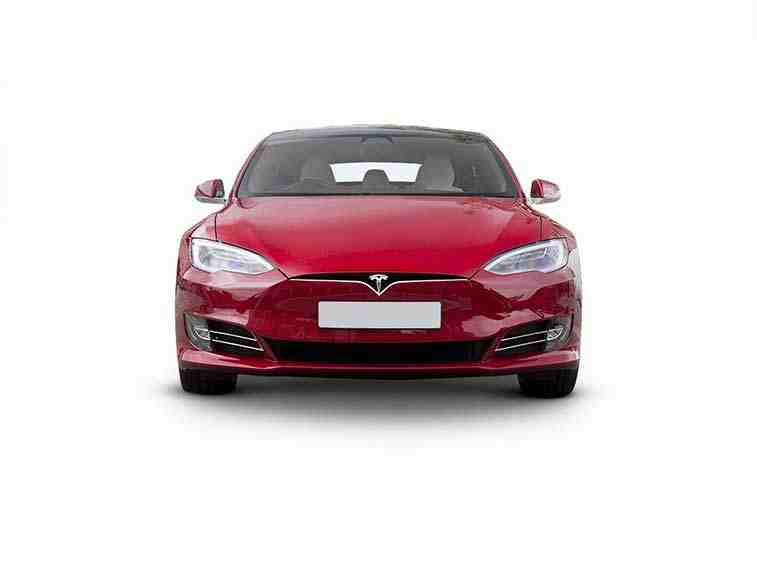
In almost all cases, charging your Tesla at home will save you more money, as Superchargers tend to charge a higher rate per kWh than your dealership. Depending on the model you have, it will cost between $7.65 and $15.29 to fully charge your Tesla at home.
Is charging Tesla at home expensive? Charge for a Tesla X Model You will pay $0.13 per kWh of energy in the United States. Allow an 85% charging efficiency joint for tier 2 home charging stations. A fully charged Model X would cost around $15.29 based on that.
Is charging a Tesla at home cheaper than gas?
It costs $13.96 on average to charge a Tesla. Depending on the car model, it costs between $9.62 and $18.30. In general, the cost of charging a Tesla is 3.6 times cheaper per mile than the cost of fueling a gasoline-powered car (4.56 cents per mile compared to approximately 16.66 cents per mile for electric vehicles). gas).
Quel est le coût d’une recharge ?
Combien coûte a recharge de voiture electric: en résumé If you have chargez votre vehicule after votre domicile, you will have to prendre en compte le coût de l’installation de votre borne de recharge. Ensuite, recharge is available coûtera from 1.5 to 4 € ambient for 100 km versus 6 to 9 € for a thermal vehicle.
Comment calculer le temps de recharge d’une voiture électrique ?
To estimate the required charge duration, the divisor suffit from the vehicle’s battery capacity to the charger’s power. As an example, a battery with a charging capacity of 50 kWh releases a power of 100 kW with a charging duration of : 50 (kWh) / 100 (kW) = 0.5 (h) for 30 minutes.
How much does charging your Tesla at home raise your electric bill?
| Category | EV education |
|---|---|
| I make | Tesla |
How does owning a Tesla affect your electric bill?
The average cost of a kilowatt-hour (kWh) in the US is $0.12. The average driver drives 1,500 miles a month. Teslas generally require around 25 kWh/100 miles. So 1,500 miles is 375 kWh – which adds about $45 to your monthly electricity bill.
How much is the electric bill to charge a Tesla?
The total cost of charging a Tesla is not very high. The Tesla Model X costs $15.29 to fully charge, while the Tesla Model 3 costs $7.65 to fully charge. This comes out to about 3 to 4 cents per mile.
How much does it cost to charge a Tesla at a Supercharger?
If you charge at a Tesla supercharger, the cost is typically around $0.25 per KW if you purchased a Model S or Model X after January 2017. The supercharger is free for cars purchased before January 2017. average supercharger cost of $0.25 per KW also applies to the Model 3.
Do you have to pay at Tesla Supercharging stations?
The cost to use this infrastructure depends on your vehicle and when you bought it. Some Model S and X owners can use Superchargers for free, while others, including Model 3 owners, have to pay. Tesla says the cost to charge is roughly $0.28 per kilowatt hour, or $23 for 300 miles on a Model S.
How much does it cost to power charge a Tesla?
If you buy the 2021 Standard Range Model 3, you can pay around $7.65 to fully charge the battery. This brings the cost per mile to about $0.03, or $2.91 per 100 miles. To fully load the 2021 Long Range and Performance models, it would cost $12.54.
Does charging a Tesla run up your electric bill?

For all Tesla products, the average charging cost per mile is 4.56 cents per mile. So, if you only charge your Tesla at home, you can expect your electricity bill to increase by about $50 a month.
How much electricity is stored in a Tesla? †Tesla Battery Storage These cells, when collected and connected, have a total storage capacity of 85 kWh (on sinusoidal models) and 100 kWh (on larger models).
Can you trickle charge a Tesla?
Tesla owners can, in fact, charge through a standard 120V residential outlet with a slow-charging adapter. It’s dubbed “trickle” loading because it’s really, really slow. No upfront cost. A new Tesla owner gets the 110/120V adapter to plug into a regular household outlet at no additional cost.
How much does it cost to trickle charge a Tesla?
The Tesla Model X costs about $15.29 to fully charge, which is about 4.5 cents per mile. It will cost around $7.65 to charge a Tesla Model 3. Depending on the variant, this is between 3 and 4 cents per mile.
Should I charge my Tesla every night?
The short answer to the question is no. In general, you should not charge your electric car every night. It is not necessary in most cases. The practice of charging an electric vehicle every night can shorten the life of your car battery.
How much does a Tesla cost per month UK?
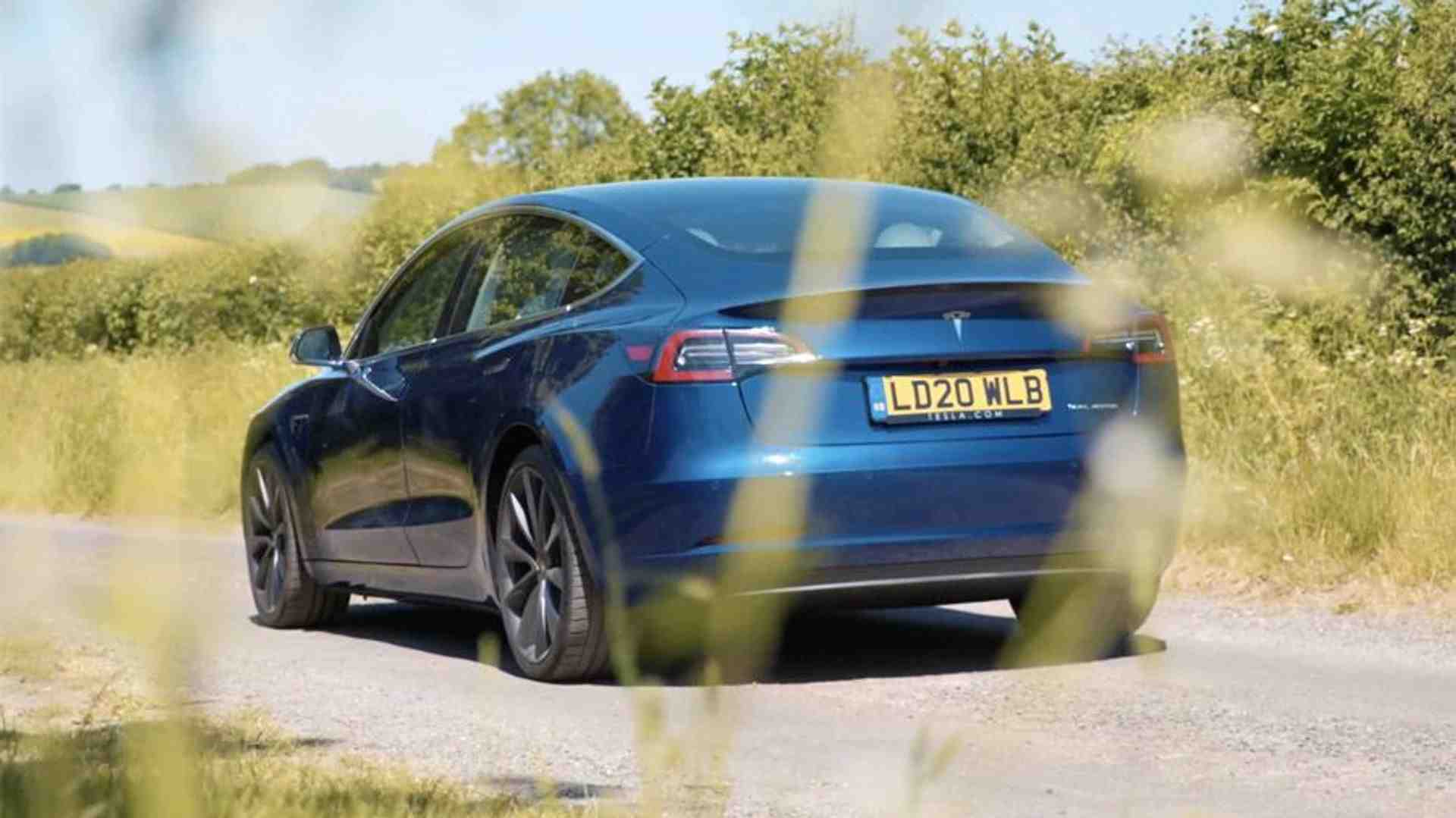
How much does a Tesla lease cost? The cheapest rental price for a Tesla car is around £1,135 per month. This can rise to over £1,800 a month depending on the car model and modification. If you want to drive one of these high-end electric cars, you’ll have to pay upwards of £100,000 to buy the more premium models.
Does Tesla have a monthly fee?
How much do Tesla’s cost in the UK?
In the UK, Tesla lists its spot price from £44,490 (about $60,202).
How much is the cheapest Tesla in the UK?
Price and Specifications of Tesla’s New Hatchback Elon Musk has already confirmed that Tesla’s new hatchback will cost $25,000, which equates to around £18,000. That’s less than half the price of the Model 3 Standard Range Plus. That car costs £40,990 and has 278 miles of range.
How cheap can you get a Tesla UK?
How much to spend? The cheapest way Tesla owned at the moment is the Model 3, which starts at £38,500, including the £3,500 EV government incentive. But the ‘Long Range’ version costs another £8,500, while the Performance model adds another £5,000 to that.
How long will a Tesla last?
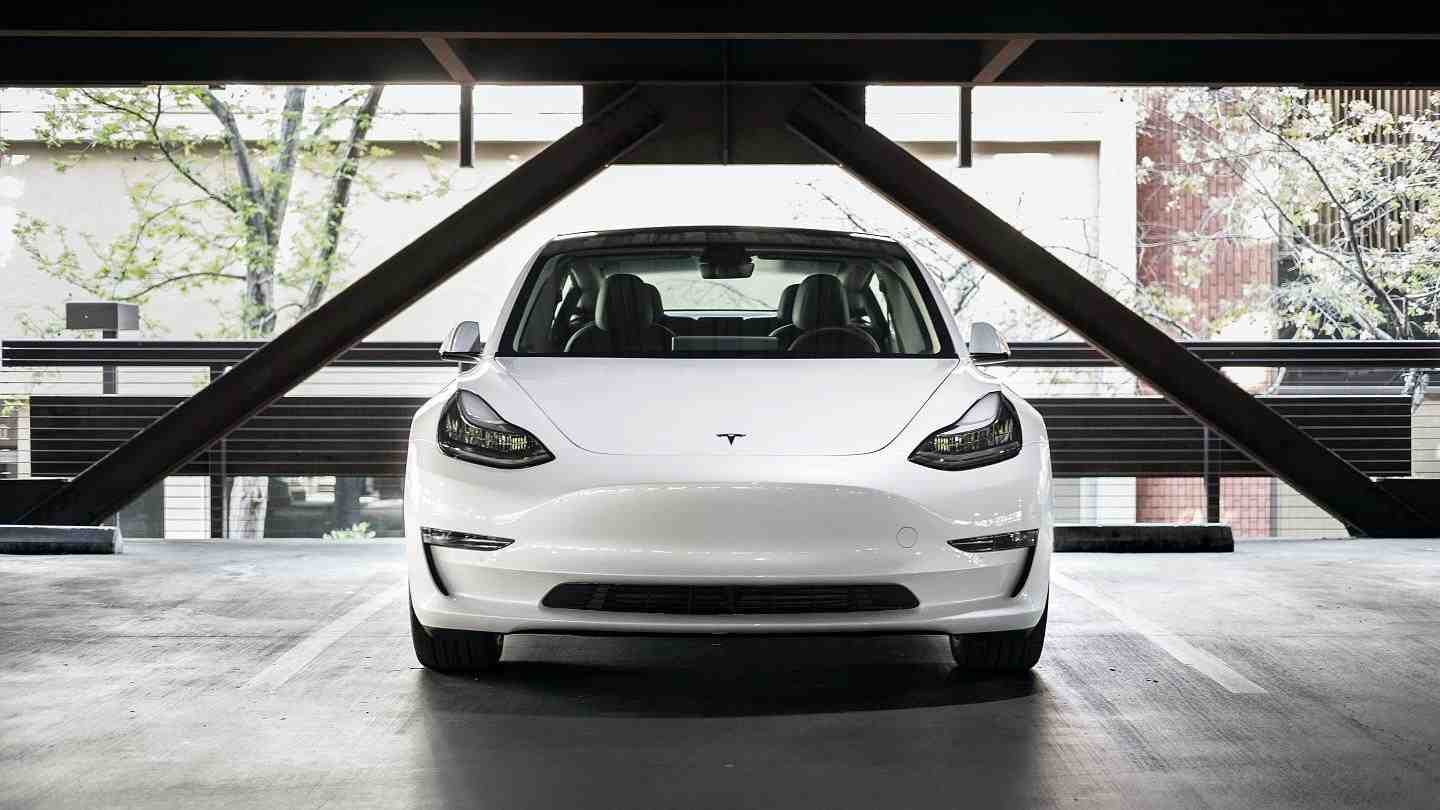
Tesla is a pioneer in technology and innovation with battery longevity ranging from 300,000 to 500,000 miles. According to an Impact Report released by Tesla in 2019, Tesla Model S and X batteries retain more than 80% of their range even after driving 200,000 miles.
How much does a Tesla battery cost? Typically, the most basic battery replacement on tesla costs between $13,000 and $14,000. For the premium Model S sedan, replacing a Tesla battery costs about $13,000 to $20,000. Battery replacement for the Model 3 entry-level sedan and Model X premium SUV can cost at least $13,000 and $14,000, respectively.
How many years do Tesla’s last?
The number varies by car model, but most Tesla batteries average eight years of use with 100,000 to 150,000 miles driven.
Are Tesla’s reliable long term?
Most Tesla models, according to Consumer Reports, are not that reliable. Take the Tesla Model S as an example. Meanwhile, the 2013 and 2017 Tesla Model S received a reliability rating of four out of five from Consumer Reports. Most model years struggled to get anything higher than three out of five.
Sources :
